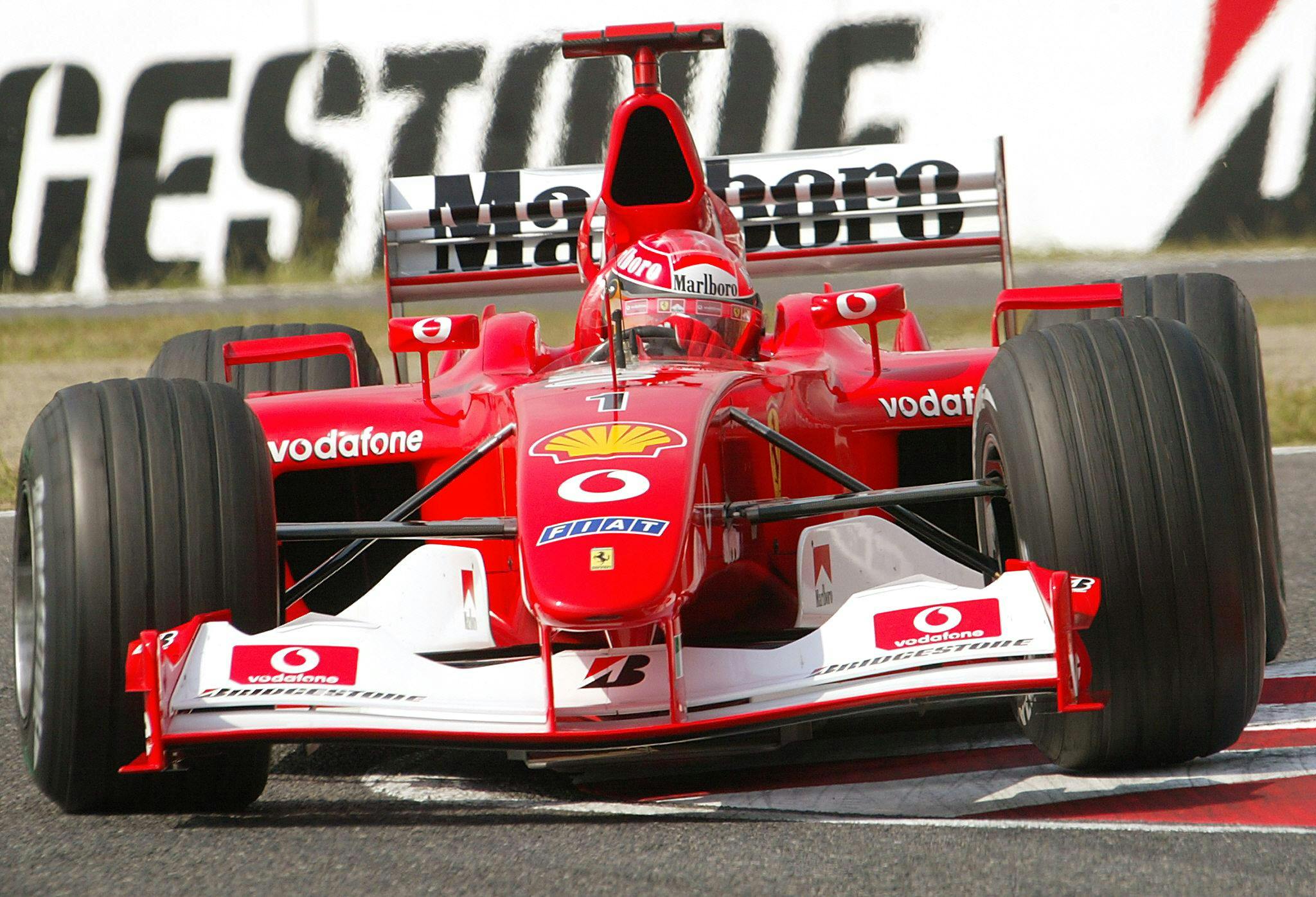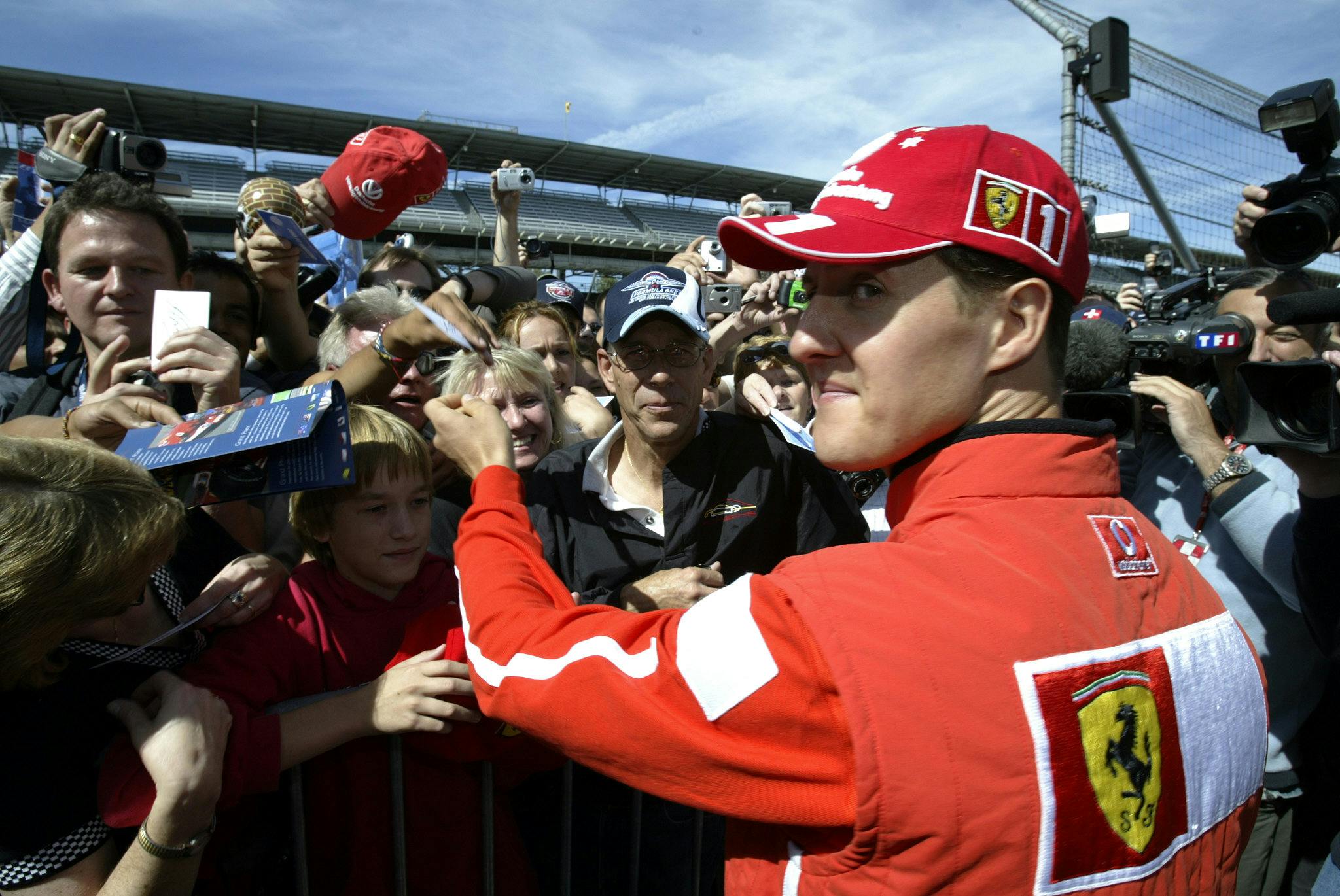30 years after Michael Schumacher’s first F1 Grand Prix, Netflix puts a spotlight on the racing legend
Netflix seems to be capitalizing on the Drive to Survive auto-doc momentum by pushing another Formula 1 movie into the black and red carousel. Schumacher recounts the life of open-wheel star Michael Schumacher, tracing the star’s trajectory from his unpretentious beginnings in budget go-karts to his motorsport zenith at Ferrari. It also delves into to his near-fatal skiing accident in 2013. Given the fact that this year marks the 30th anniversary of Schumacher’s first F1 start, the movie’s release comes at a poignant moment.
While Schumacher’s career is well-trod territory in the realm of motorsports and automotive media, this is the first family-authorized documentary specifically about the seven-time world champion, which provides viewers with never-before-seen home footage and incredible behind-the-scenes photography. Many open-wheel luminaries, writers, and retired drivers speak on Schumacher’s career, his achievements on-track, and his persona off-track.

Directed by Hanns-Bruno Kammertöns, Vanessa Nöcker, and Michael Wech, Schumacher prominently features the German’s rise in Formula 1, with hyper-focus on his time at Benetton and the buildup to his first of five world championships with Ferrari. Noticeably condensed is his transition into F1; Schumacher more or less of leap-frogs from karting to the big leagues with a casual aside mentioning the racer’s junior open-wheel rungs and sports car exploits.
The final act of the film is a light-footed dance through the difficulties of Schumacher’s tragic skiing incident and his current health status. “I mean, everybody misses Michael, but Michael is here. Different, but he’s here, and that gives us strength I find,” says wife Corinna. “We’re together. We live together at home. We do therapy. We do everything we can to make Michael better and to make sure he’s comfortable.”
Schumacher’s son Mick, who finds himself on the cusp of his own F1 stardom, says that he would give up everything just to be able to speak to his father in the “language of motorsport.” His father’s current status is gut-wrenching, vague, and somewhat of an elephant in the room during the documentary. Instead, the film leans more heavily toward celebrating Schumacher in his most dominant days.
At the very least, Schumacher is a great opportunity to relive the last great era of F1 engines, where shrill V-12s and rowdy V-10s populated the grids. And despite Netflix serving up plenty of underfunded spinoffs and mockbuster content, even the cynical motorsport fan should find Schumacher to be anything but a cheap popularity play intended to capture a budding North American motorsport audience that is, surprisingly, enamored with Drive to Survive. The documentary utilizes unique footage and conversations with those closest to Schumacher to tell the compelling story of (one of) the greatest to ever sit behind the wheel of a Formula 1 car. A driver of this caliber, whether it be Senna, Earnhardt, or some other steely-eyed dominator, is deserving of a documentary that respectfully, accurately tells their story. Schumacher does just this.
Did you watch Schumacher? What did you think? Let us know in the comments below.




